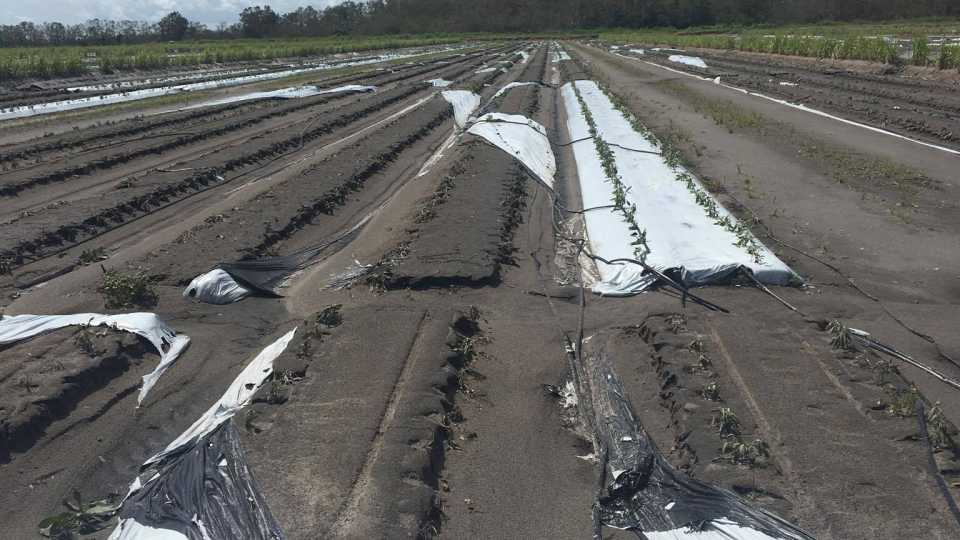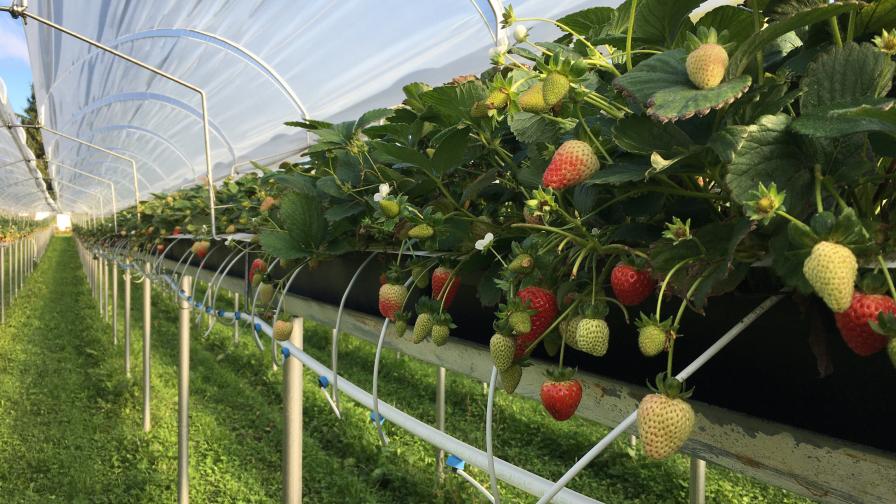New Study Finds Factors in Sour Scenario for Wine Grapes
Damaged grape berries combined with vinegar flies are a recipe for promoting sour rot, a disease that lowers vineyard yields and wine quality, according to a recently published Cornell study reporting on field experiments in New York state.
The study, funded by the New York Wine and Grape Foundation and USDA, revealed that wasps, birds, and wet weather damage the skin on grapes and create openings for vinegar or fruit flies (Drosophila melanogaster) to lay eggs in the grape’s exposed flesh. When they do so, the flies may also inadvertently spread yeast and bacteria that interact to cause sour rot, creating favorable conditions for infections.
“Sour rot creates a set of symptoms that lower the quality of wine made from infected grapes,” says Greg Loeb, Professor of entomology at Cornell AgriTech. Loeb is the senior author of the study, which published in the May issue of the American Journal of Enology and Viticulture.
From 2021-2022, the researchers tested the effects of different types of berry damage in the presence or absence of adult D. melanogaster on a sour rot-susceptible ‘Vignole’ cultivar in fields at Cornell AgriTech in Geneva, NY. Berry clusters were inoculated with yeast and sour rot bacteria.
In both years, they found, sour rot was most severe (measured by the percentage of infected berries in a cluster) on mechanically injured clusters – to mimic bird pecks – compared with other treatments. When fruit flies were present, it was worse. They discovered a similar pattern when berries were damaged by yellowjackets, though the presence of fruit flies increased infections only in the second year.
In a third damage treatment, damage by grape berry moth larvae had minimal effect on sour rot severity, except in the presence of D. melanogaster in 2022.
“We’ll use this knowledge to help make recommendations to growers about how to try to control this type of cluster rot,” Loeb says.
One such recommendation is to use bird netting and selectively apply insecticides to deter insects and limit berry damage in the latter part of the growing season, Loeb adds.
Though insecticides are known to work well for fruit flies, they come with costs.
“We now know there is a considerable amount of insecticide resistance developing in fruit flies in New York and around the country,” Loeb says. “So that’s another part of this.”
For more, continue reading at news.cornell.edu.









